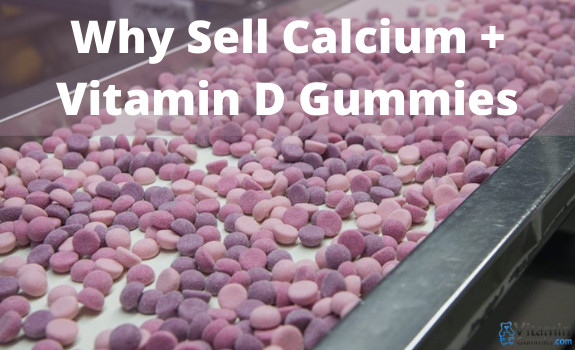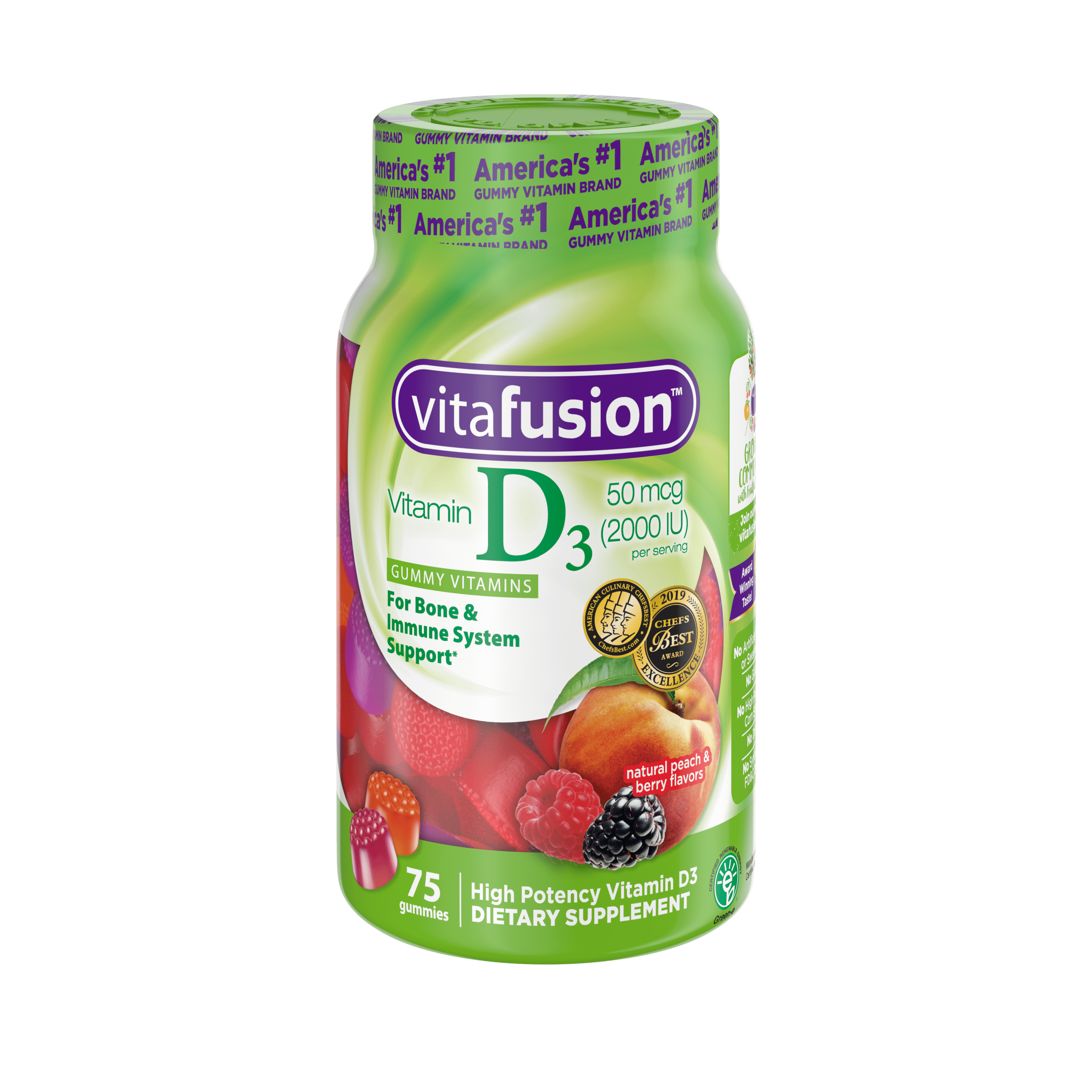

And if you're someone who doesn't spend much time outdoors and isn't eating vitamin D-rich foods regularly, she recommends getting your levels checked with your doctor to see if a supplement is right for you. Sassos adds that certain populations, including older adults, are at higher risk of developing a vitamin D deficiency. “You may be familiar with vitamin D’s role in keeping bones strong and absorbing calcium, but it has a slew of other important functions and benefits, from supporting immunity and brain health to even regulating blood sugar levels,” says Stefani Sassos, R.D.N., the Good Housekeeping Institute's Nutrition Lab director.


Not only can the human body manufacture vitamin D from the sun, but we can also get the nutrient through certain foods and supplementation. But some much-needed sunshine also plays a crucial role in your overall health since it provides a dose of vitamin D. Spending time outside in the sun (don't forget your sunblock!) can help improve mood, reduce stress and more. Blood levels should be monitored while someone is taking high doses of vitamin D.Īs always, talk to your doctor before taking vitamin and mineral supplements.In April 2023, we added more information for all of our top-rated picks and replaced out-of-stock items. Recommended Dietary Allowance (RDA) for most adults of 600 IU of vitamin D a day.ĭoses higher than the RDA are sometimes used to treat medical problems such as vitamin D deficiency, but these are given only under the care of a doctor for a specified time frame. This level is many times higher than the U.S. Taking 60,000 international units (IU) a day of vitamin D for several months has been shown to cause toxicity. Your doctor might also prescribe intravenous fluids and medications, such as corticosteroids or bisphosphonates. Treatment includes stopping vitamin D intake and restricting dietary calcium. Vitamin D toxicity might progress to bone pain and kidney problems, such as the formation of calcium stones. The main consequence of vitamin D toxicity is a buildup of calcium in your blood (hypercalcemia), which can cause nausea and vomiting, weakness, and frequent urination.


 0 kommentar(er)
0 kommentar(er)
